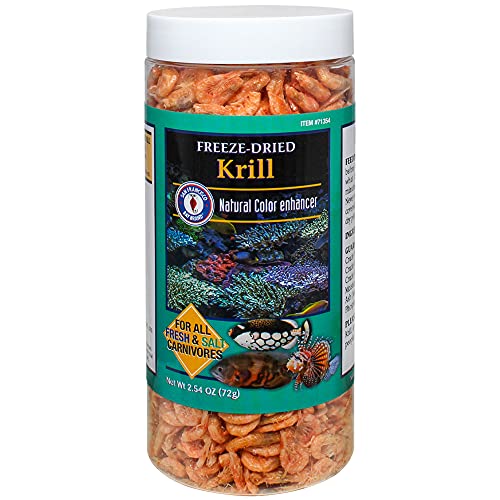DonW
R.I.P.
Boomer,
Is there a temp that is to low to be mixing sw for use? I'm concidering setting up my outdoor storage tank as a constant water changer. Obviously its going to get cold and I dont want to heat 300g outdoors
Also is there a temp that will cause a calcium reactor to be less efficient? I'm concidering feeding the water change system into the carx, so the water change will run at the same rate as the carx and be cold water.
Thanks
Don
Is there a temp that is to low to be mixing sw for use? I'm concidering setting up my outdoor storage tank as a constant water changer. Obviously its going to get cold and I dont want to heat 300g outdoors
Also is there a temp that will cause a calcium reactor to be less efficient? I'm concidering feeding the water change system into the carx, so the water change will run at the same rate as the carx and be cold water.
Thanks
Don


































































